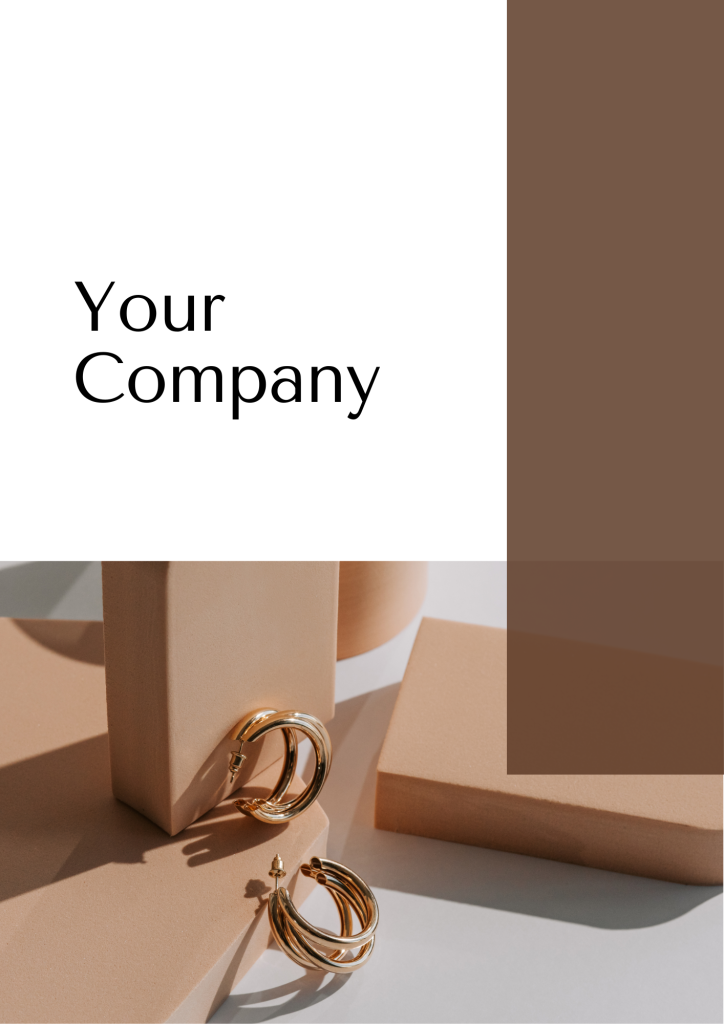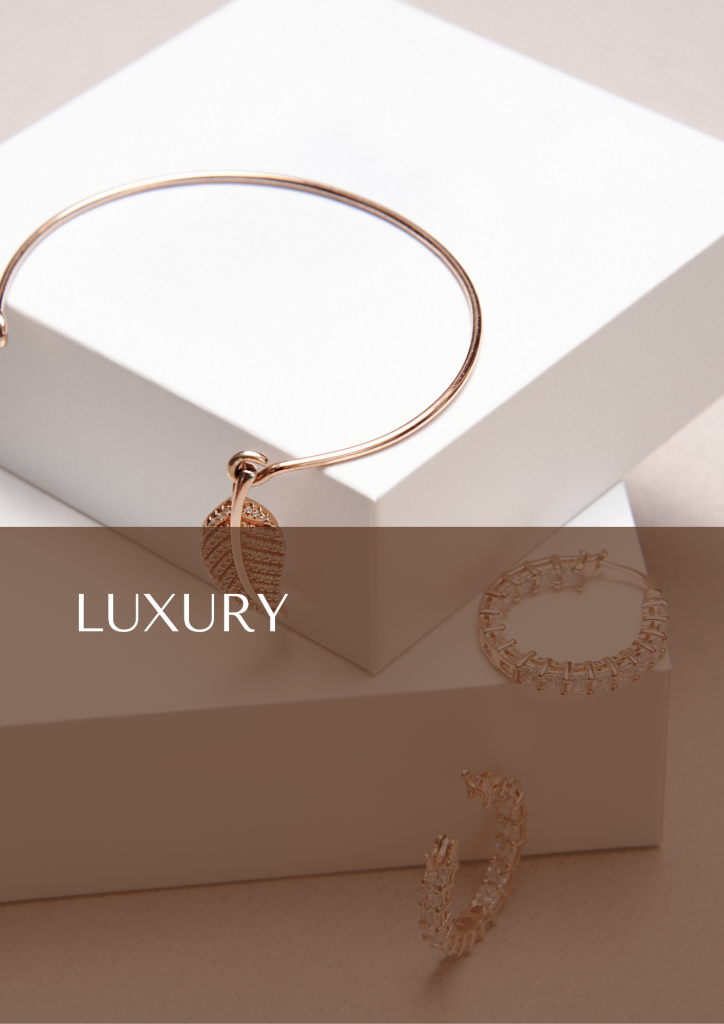
Company names may sound like the most serious business decision you’ll ever make, but let’s face it, sometimes brainstorming them feels like choosing a username for a video game, or worse, like trying to come up with a clever snap id name for a girl that nobody else has taken yet. Funny as that comparison sounds, it’s surprisingly accurate: when it comes to luxury, the name you choose either places you in the spotlight or leaves you forgotten in the crowd.
In the luxury sector, a name isn’t just a label; it’s a legacy. A powerful name holds the ability to inspire trust, evoke desire, and define an entire market category. And that’s why experts analyze what traits make company names in luxury both unforgettable and enduring. In this post, we’ll dive deep into 16 positive power traits that set luxury brand names apart from the rest—and why these traits matter more than ever in a world of discerning customers.
Contents
- 1 1. Simplicity with Sophistication
- 2 2. Cultural Resonance
- 3 3. Phonetic Beauty
- 4 4. Legacy and Storytelling
- 5 5. Symbolism and Meaning
- 6 6. Exclusivity
- 7 7. Global Pronounceability
- 8 8. Timelessness
- 9 9. Distinctiveness
- 10 10. Emotional Appeal
- 11 11. Visual Identity Alignment
- 12 12. Linguistic Elegance
- 13 13. Positive Connotations
- 14 14. Market Positioning Clarity
- 15 15. Memorability
- 16 16. Authority and Gravitas
1. Simplicity with Sophistication
The most powerful luxury company names are deceptively simple yet profoundly elegant. Think “Chanel” or “Rolex.” They are easy to say, hard to forget, and yet instantly signal prestige. Simplicity ensures memorability, while sophistication conveys exclusivity.
2. Cultural Resonance
Luxury company names often tap into cultural nuances whether rooted in heritage, geography, or history. A French or Italian name, for instance, carries cultural weight in fashion or cuisine. Cultural resonance not only differentiates but validates the brand’s luxury claim.
3. Phonetic Beauty
Sound matters. Names like “Cartier” or “Versace” roll off the tongue with rhythm and elegance. Luxury company names that sound melodic often carry an aura of refinement. The phonetics enhance recall while reinforcing the aura of exclusivity.
4. Legacy and Storytelling
Every great luxury brand has a story and the name itself often hints at that narrative. Whether it’s a founder’s name (Ferragamo, Dior) or a symbolic term, luxury company names often carry storytelling potential, helping consumers emotionally invest in the brand.
5. Symbolism and Meaning
Luxury is about more than material goods; it’s about meaning. Names like “Tiffany” or “Hermès” come loaded with symbolism be it tradition, artistry, or mythology. Powerful company names in luxury aren’t just identifiers; they’re symbols of status and aspiration.
6. Exclusivity
Luxury thrives on scarcity and exclusivity. The best company names sound as if they are reserved for a select few. They create an aura of belonging to an elite group, making customers feel special just by association.
7. Global Pronounceability
Luxury is global, so powerful company names must transcend language barriers. The trick is to find names that are universally pronounceable, minimizing awkward mispronunciations while retaining their cultural edge.
8. Timelessness
Trends come and go, but timelessness defines luxury. Classic company names don’t chase fads; they establish themselves as constants in an ever-changing market. Think of “Gucci” or “Louis Vuitton.” Decades pass, but the resonance remains.
9. Distinctiveness
Luxury thrives on differentiation. Strong company names must stand out not only in the luxury space but in the marketplace overall. A distinctive name cuts through the noise and avoids generic traps like “Elite Fashion Co.”
10. Emotional Appeal
Consumers buy luxury not just for the product but for the emotion it stirs. The most effective company names evoke emotions be it confidence, desire, or power. Emotional connection strengthens brand loyalty.
11. Visual Identity Alignment
A name is only part of the puzzle; it must align with a brand’s visual identity. Powerful luxury company names are designed with logo adaptability in mind. The typography, color palette, and design must reinforce the aura of luxury.
12. Linguistic Elegance
Luxury names avoid harsh, awkward sounds. They lean on smooth syllables and balanced structures. Linguistic elegance ensures company names feel premium even before consumers understand what the brand sells.
13. Positive Connotations
Names with uplifting associations naturally fare better in luxury markets. Nobody wants a luxury watch from a company name that sounds dull or negative. Positive company names carry connotations of success, beauty, and empowerment.
14. Market Positioning Clarity
The most successful luxury company names signal exactly what space they occupy. For example, “Rolls-Royce” screams automotive grandeur. Effective naming ensures the brand instantly communicates its category while highlighting its luxury positioning.
15. Memorability
In luxury, attention spans are short, and competition is fierce. Memorable company names stick sometimes even after just one encounter. When a name lingers in a consumer’s mind, it holds long-term brand power.
16. Authority and Gravitas
Finally, luxury demands authority. The strongest luxury company names exude gravitas, inspiring respect and admiration. When spoken, they carry weight, reinforcing the brand’s position as a leader in its field.
Why These Traits Matter in Today’s Luxury Market

Luxury is no longer about just high prices; it’s about brand aura. With digital platforms democratizing access, consumers research before committing. This makes company names more important than ever. A well-chosen name embodies exclusivity, cultural depth, and positive associations qualities essential for survival in a globalized, competitive market.
When combined, these 16 traits create company names that are timeless, powerful, and consumer-approved. They transform simple identifiers into global emblems of prestige.
Case Studies of Luxury Company Names
Chanel
Defined by simplicity and cultural elegance, Chanel epitomizes timeless luxury.
Rolex
Phonetic beauty and authority blend perfectly in this globally renowned brand.
Hermès
Symbolism and exclusivity define Hermès, aligning the name with history and art.
These examples show how successful luxury company names embody multiple positive traits simultaneously.
Expert Insights: What to Avoid
While focusing on power traits is essential, knowing pitfalls is equally important. Avoid:
- Overly complex names that confuse consumers.
- Names too generic to stand out.
- Terms that don’t translate well globally.
Poor naming choices can undermine years of branding investment.
Final Thoughts
Company names are not just a necessity they are a weapon of influence, especially in the luxury space. By embodying traits like simplicity, symbolism, exclusivity, and authority, a name becomes a powerful driver of consumer trust and aspiration.
Luxury brands must treat naming with the same precision they apply to design and craftsmanship. After all, a name is often the first point of contact between a consumer and a brand.
In a crowded market, the right name doesn’t just open doors, it builds empires. And as these 16 positive power traits demonstrate, the most iconic luxury company names prove that words, when chosen carefully, are worth as much as diamonds.
